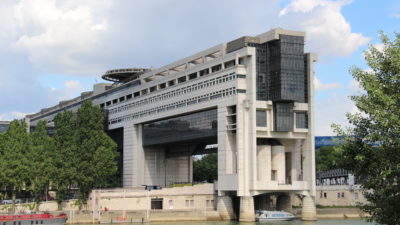Open prisons : adressing France’s penitentiary crisis
It is a well-known fact that the state of prisons in France is worrying. The total number of inmates has never been so high and their conditions rarely so heavily criticized. On several occasions, our penitentiary system has been condemned for “bad conditions of detention of several penitentiary institutions” by the European Court of Human Rights.
The “Chantiers de la Justice” launched by the French government represents a chance for an ambitious reform. To grab this opportunity, the Paris Bar and GenerationLibre have joined forces to present the government and the legislator with a roadmap for the “open prisons” model.
Facilitating prisoners’ rehabilitation
Inspired by the Nordic countries, detention centres known as “open” aim to facilitate the rehabilitation of prisoners by avoiding any moral judgment. Prison thus becomes a place to learn responsibility – an essential step to re-activate a future social contract.
It is a forward-looking system, ultimately based on the idea of perfectibility of the individual.
This alternative mode of incarceration has proved its worth: a lower recidivism rate of inmates compared to closed detention centres; a better employment rate once out; a lower daily cost per prisoner. In Norway, 70% of penitentiary institutions operate on this model.
The foundations of penal liberalism
These principles revive the thinking of many Enlightenment reformers such as Cesare Beccaria. Prison is no longer considered a punishment but a way to deter crime and protect society from a potential threat.
Reconnecting with this progressive tradition seems to be one of the most relevant and effective ways of changing our penitentiary model.















